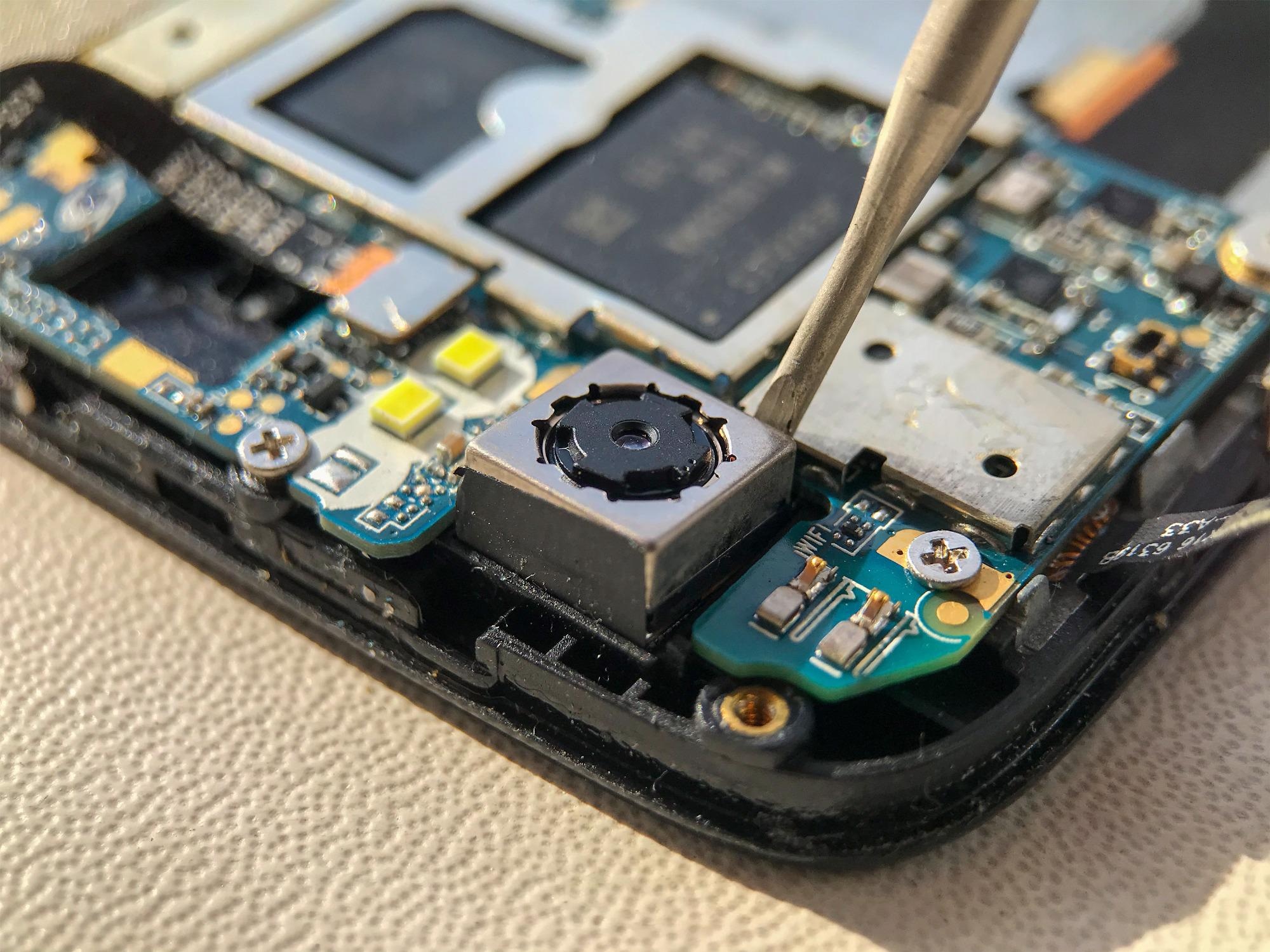Reviewed by Alex SmithSep 27 2021
A smartphone sensor similar to the one applied in GPS systems could have the potential to determine intoxication in people, following marijuana consumption. The study was performed by the Rutgers Institute for Health, Health Care Policy, and Aging Research.

Image Credit: Shutterstock.com/ Andrii Chagovets
The study analyzed the feasibility of applying smartphone sensor data to find cases of cannabis intoxication in the natural environment. Accordingly, the combination of time features (tracking the time of day and day of the week) and smartphone sensors had a 90% precision rate.
The study was published in the journal Drug and Alcohol Dependence.
Using the sensors in a person’s phone, we might be able to detect when a person might be experiencing cannabis intoxication and deliver a brief intervention when and where it might have the most impact to reduce cannabis-related harm.
Tammy Chung, Study Corresponding Author, Professor of Psychiatry and Director, Center for Population Behavioral Health, Rutgers Institute for Health, Health Care Policy and Aging Research
Cannabis intoxication is related to reduced response time, which leads to poor performance at work or school or affecting driving behavior causing injuries or fatalities. Available detection techniques, like blood, urine or saliva tests, have limitations in detecting intoxication and cannabis-related impairment in daily life.
The study verified everyday data collected from young adults. These participants have reported cannabis usage at least twice a week. The researchers studied phone surveys, self-initiated reports of cannabis usage and continuous phone sensor information to quantify the importance of the time of day and day of the week in detecting the consumption. They used this to identify the phone sensors that are most useful in detecting self-reported cannabis intoxication.
The researchers uncovered that the time of day and the day of the week have 60% precision in detecting self-reporting of cannabis intoxication. The combination of time features and smartphone sensors gave 90% precision in detecting cannabis intoxication.
The travel patterns - at times when they reporting feeling high - and the movement data from the accelerometer that detects various motions, were key aspects of the phone sensors for the detection of self-reported cannabis intoxication.
Researchers used low burden techniques, like tracing the time of day and the day of week and analysis of phone sensor data, to identify intoxication in routine life and observed that it is more effective to use phone sensors to detect subjective intoxication.
Further studies aim to study the performance of the algorithm in classifying intoxicated versus non-intoxicated reports in individuals consuming cannabis less often. Researchers are expected to study reports of intoxication using tools employed by law enforcement to show a stronger correlation with self-reported cannabis use.
The research team includes faculty from Stevens Institute of Technology, Stanford University, Carnegie Mellon University, University of Tokyo, Japan and the University of Washington, Seattle.
Journal Reference:
Bae, S. W., et al. (2021) Mobile phone sensor-based detection of subjective cannabis intoxication in young adults: A feasibility study in real-world settings. Drug and Alcohol Dependence. doi.org/10.1016/j.drugalcdep.2021.108972.